$319M College Financial Aid Class Action Settlement
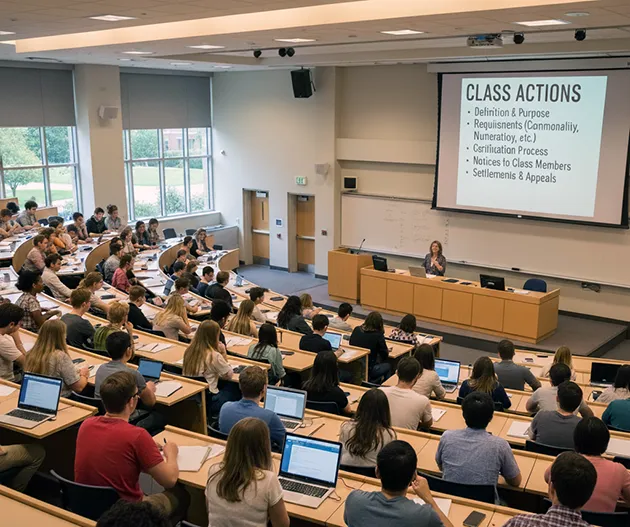
Published: December 3, 2025
Claim Form Deadline: December 27, 2025
Payout: Varies
Proof required: Yes
Financial Aid Class Action Settlement - Update (February 2026)
On June 26, 2025 and July 30, 2025, the Court granted final approval of additional settlements with Caltech and Johns Hopkins totaling $35,250,000. These new settlements bring the total approved settlements in this case to almost $320,000,000. The new claim deadline for the newly included schools in the financial aid anti-trust class action lawsuit is December 27, 2025.Amounts are as follows: Caltech $16,750,000; Johns Hopkins $18,500,000. The average payout from these two settlements is estimated at about $250 if roughly half of eligible class members file. The case continues against five non-settling universities: Cornell, Georgetown, MIT, Notre Dame, and Penn.
Notice of Approved Class Action Settlements
The Court-authorized notice confirms that final approval has been granted for settlements with the California Institute of Technology and Johns Hopkins University. Together these settlements provide $35,250,000 for eligible students, adding to the larger fund which now exceeds $320,000,000.If you already filed a valid claim for earlier settlements with Brown, Chicago, Columbia, Dartmouth, Duke, Emory, Northwestern, Rice, Vanderbilt, or Yale, you do not need to file again. Your claim will automatically apply to the new Caltech and Johns Hopkins settlements. If you have not filed before, you must submit a claim by December 27, 2025.
Settlement amounts are as follows: Caltech $16,750,000; Johns Hopkins $18,500,000. The estimated average payout from these two settlements is about $250 if roughly half of eligible class members file.
The settlement class includes U.S. citizens and permanent residents who received some need-based financial aid that did not cover the full cost of attendance. Class periods are: Chicago, Columbia, Cornell, Duke, Georgetown, MIT, Northwestern, Notre Dame, Penn, Rice, Vanderbilt, Yale (2003–Feb 2024); Brown, Dartmouth, Emory (2004–Feb 2024); Caltech (2019–Feb 2024); Johns Hopkins (2021–Feb 2024).
Excluded from the class are trustees, certain administrators, in-house legal staff, and non-U.S. residents at the time of attendance. Settlement Class Counsel are Freedman Norman Friedland LLP, Gilbert Litigators & Counselors PC, and Berger Montague PC. Any leftover funds may be donated to charities promoting access to higher education for disadvantaged students and families.
A total of $319.25 million class action settlements have been reached involving seventeen universities. Ten large universities have agreed to the financial aid, and more universities may agree, resulting in a larger settlement fund. The financial aid class action lawsuit centers around certain colleges providing a settlement to students who received need-based financial aid, but still had outstanding expenses while attending these universities.
The class action lawsuit alleges that universities colluded on financial aid decisions, violating antitrust laws. Specifically:
1. The class action claims that 17 prestigious universities, including Cornell, participated in a "price-fixing cartel" that artificially increased the net price of attendance for students receiving need-based financial aid.
2. The universities allegedly used an antitrust exemption known as the "568 exception" from the Improving America's Schools Act of 1994 to collaborate on financial aid formulas and decisions.
3. This exemption allowed univeristy administrations to discuss financial aid formulas with other universities, allowing some schools to consider students' financial need in admissions decisions.
4. As a result of this alleged collusion, the universities are accused of providing less need-based financial aid than they would have if there had been full and fair competition.
5. The class action lawsuit claims that this practice led to artificially reduced financial aid awards and systematically increased net tuition prices paid by thousands of students and their families.
Do I need to submit another claim if I already filed earlier
No. If you submitted a valid and timely claim for the earlier settlements, you will be automatically considered for the Caltech and Johns Hopkins settlements. No new form is required for those claimants.How are payments calculated
Payments are proportional. The administrator uses the net settlement fund and allocates pro rata based on eligible years and out-of-pocket costs during the class period. Final amounts depend on total valid claims and court-approved fees and expenses.Is the settlement payment taxable
Tax treatment can vary. Many consumer settlement payments are taxable. Consider consulting a tax professional. The administrator may issue tax forms if required by law.Do loans count as covering my costs
Loans do not count as aid for purposes of exclusion. Eligibility focuses on need-based or merit aid that fully covered costs. If loans were used to cover remaining costs, you may still be eligible.Can I qualify if I attended more than one university on the list
Yes. You can be eligible for any covered years at any of the listed universities during the class periods. File once with complete information.I am not a U.S. citizen or permanent resident
Individuals who were not U.S. citizens or permanent residents at the time of attendance are excluded from the settlement class.What if my university has not settled yet
You can still recover from approved settlements even if your specific university has not settled. The case continues against Cornell, Georgetown, MIT, Notre Dame, and Penn.When will payments be sent
Payments occur after the claim review process, resolution of any appeals, and court approval of distribution. The timeline depends on total claims and administrative steps.Financial Aid College Settlement
This $319.25 million class action settlement alleges elite U.S. universities violated federal laws
by
colluding on financial aid decisions, resulting in less need-based aid being provided to
students than
if there had been fair competition.
The universities alleged in the class action lawsuit deny these allegations, maintaining that their financial aid policies were legal and pro-competitive, and that financial aid awards were not artificially reduced. The universities involved in the various financial aid settlements include:
• Caltech,
• John Hopkins,
• Brown University,
• California Institute of Technology,
• University of Chicago,
• Columbia University,
• Cornell University,
• Dartmouth College,
• Duke University,
• Emory University,
• Georgetown University,
• Johns Hopkins University,
• Massachusetts Institute of Technology,
• Northwestern University,
• University of Notre Dame,
• University of Pennsylvania,
• William Marsh Rice University,
• Vanderbilt University,
• and Yale University.
The following universities have already settled upon a class action agreement:
• Chicago University has settled on a class action payment of $13.5 million.
• Emory University has settled on a class action payment of $18.5 million.
• Yale University has settled on a class action payment of $18.5 million.
• Brown University has settled on a class action payment of $19.5 million.
• Columbia University has settled on a class action payment of $24 million.
• Duke University has settled on a class action payment of $24 million.
• Dartmouth University has settled on a class action payment of $33.75 million.
• Rice University has settled on a class action payment of $33.75 million.
• Northwestern University has settled on a class action payment of $43.5 million.
• Vanderbilt University has settled on a class action payment of $55 million.
The $319.25 million class action lawsuit alleged that the universities mentioned above engaged in an anticompetitive conspiracy by limiting the amount of financial aid students received, which resulted in artificially higher costs when attending these universities. The class action lawsuit alleged that the universities collaborated through an organization called the "568 Presidents Group", sharing information and agreeing on financial aid rules in order to reduce competition and raise prices on tuition, hurting students and their families paying for tuition.
The universities listed in the class action lawsuit have denied these tuition price-fixing allegations, stating that they did not engage in any unlawful conduct and that their financial aid policies were lawful and aimed at promoting socio-economic diversity. Colleges and universities named in the settlement argued that the class action claims lacked merit. However, they have agreed to a class action settlement while not acknowledging any wrongdoing.
How Do I Qualify For A Payout?
You are part of this settlement if you're a U.S. citizen or permanent resident who:• Enrolled in a full-time undergraduate program at any of the listed universities.
• Received some need-based financial aid from any of these universities.
• Still had to pay some of your tuition, fees, room, or board costs out of pocket (after considering all types of financial aid, except loans) during any undergraduate year.
You must have attended any of the Universities below during a specific time period if specified:
• Chicago, Columbia, Cornell, Duke, Georgetown, MIT, Northwestern, Notre Dame, Penn, Rice, Vanderbilt, Yale: From Fall Term 2003 through February 28, 2024
• Brown, Dartmouth, Emory: From Fall Term 2004 through February 28, 2024
• CalTech: From Fall Term 2019 through February 28, 2024
• Johns Hopkins: From Fall Term 2021 through February 28, 2024
If you still not sure whether you are the part of this settlement you can contact the financial aid antitrust class action administrator.
What Can I Get?
Each Class Member who submits a valid and timely claim form will receive a portion of the $319.25 million settlement fund. The amount each person gets will depend on how much they paid for attendance at one of the listed universities during the Settlement Class Period.This amount will be calculated based on the average annual cost of attendance at the university and adjusted for the number of years attended. Assuming about half of the estimated 200,000 class members submit claims, the average payout is expected to be around $2,000. Please note, however, that the $2,000 figure sometimes quoted online is not from the official notice. It appears to be an unofficial estimate floating around consumer and legal blogs to illustrate a possible high-end scenario if participation were very low.
The exact amount each person receives and when they receive it will be determined once the court approves the settlement and the distribution plan. Any remaining funds in the settlement fund after distribution will be donated to charitable causes promoting access to higher education for disadvantaged students and families.
How Do I Find Class Action Settlements?
Find all the latest class actions you can qualify for by getting notified of new lawsuits as soon as they are open to claims:How Do I File a Claim?
You can submit a claim online using your unique Claim ID and Confirmation Code, that you may have received via email or mail. Alternatively, you can file a claim without a claim ID. You will be asked for proof or documentation in order to complete the claim form. The deadline to submit claims is December 27, 2025.Claim Form Website: www.FinancialAidAntitrustSettlement.com
Submit Claim
Official Notice
Sources
• Official settlement website: FinancialAidAntitrustSettlement.com• Submit a claim: financialaidantitrustsettlement.com/submit-claim
• Important Documents: financialaidantitrustsettlement.com/documents
• FAQs: financialaidantitrustsettlement.com/faq
• Contact the administrator: financialaidantitrustsettlement.com/contact
• Court docket on CourtListener: Henry, et al. v. Brown University, et al., No. 1:22-cv-00125 (N.D. Ill.)
Filing Class Action Settlement Claims
Please note that your claim form will be rejected if you submit a settlement claim for payout with any fraudulent information. By providing this information and your sworn statement of its veracity, you agree to do so under the penalty of perjury. You would also be harming others that actually qualify for the class action settlement. If you are not sure whether or not you qualify for this class action settlement, visit the class action administrator's website below. OpenClassActions.com is only providing information and is not a class action administrator or a law firm. OpenClassActions is a participant in the Amazon affiliate advertising program and this post may contain affiliate links, which means we may earn a commission or fees if you make a purchase via those links.
For more class actions keep scrolling below.
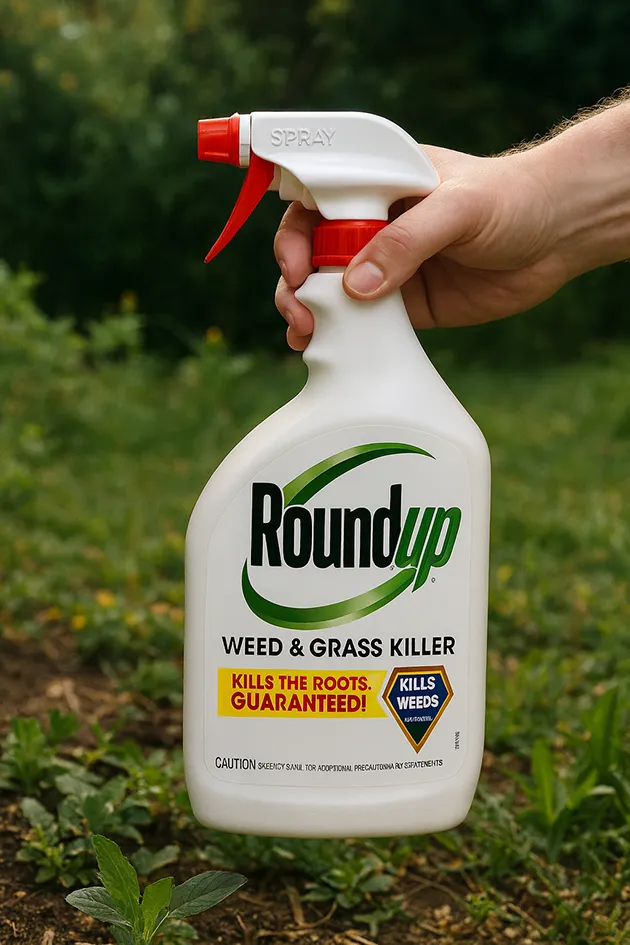
Bayer RoundUp Bug Spray Lawsuits
Status: Open to Claims
Submit Claim
Video Game Addiction Lawsuit
Deadline: Pending
Submit Claim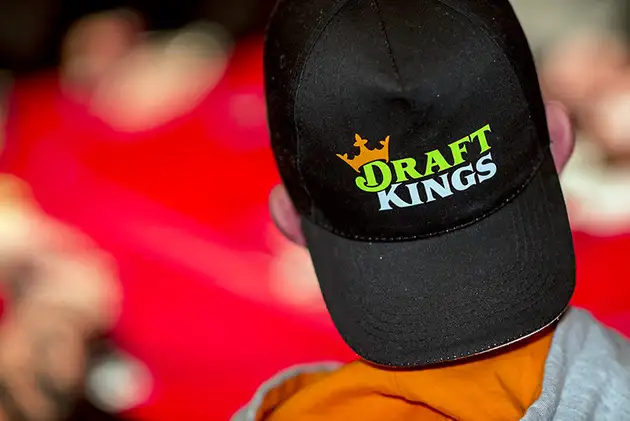
DraftKings & FanDuel Addiction Lawsuits
Status: Open
Submit Claim
Amazon Prime - 30 Days Free
Status: Active
Sign Up
Children playing Roblox and using Discord?
Pre-Qualify Here
Submit Claim
$4.17M RevitaLash Conditioner Settlement
Deadline: April 20, 2026
Submit Claim
$87.5M Beef Prices Settlement
Deadline: June 30, 2026
Submit Claim
Dollar General Bait & Switch Settlement
Deadline: April 13, 2026
Submit Claim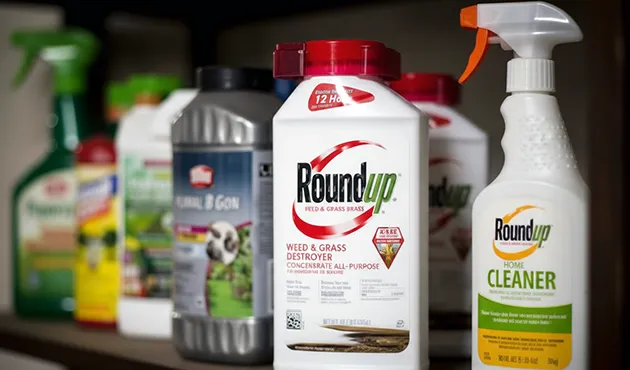
$7.25 Billion RoundUp Bug Spray Settlement
Deadline: Pending
Learn More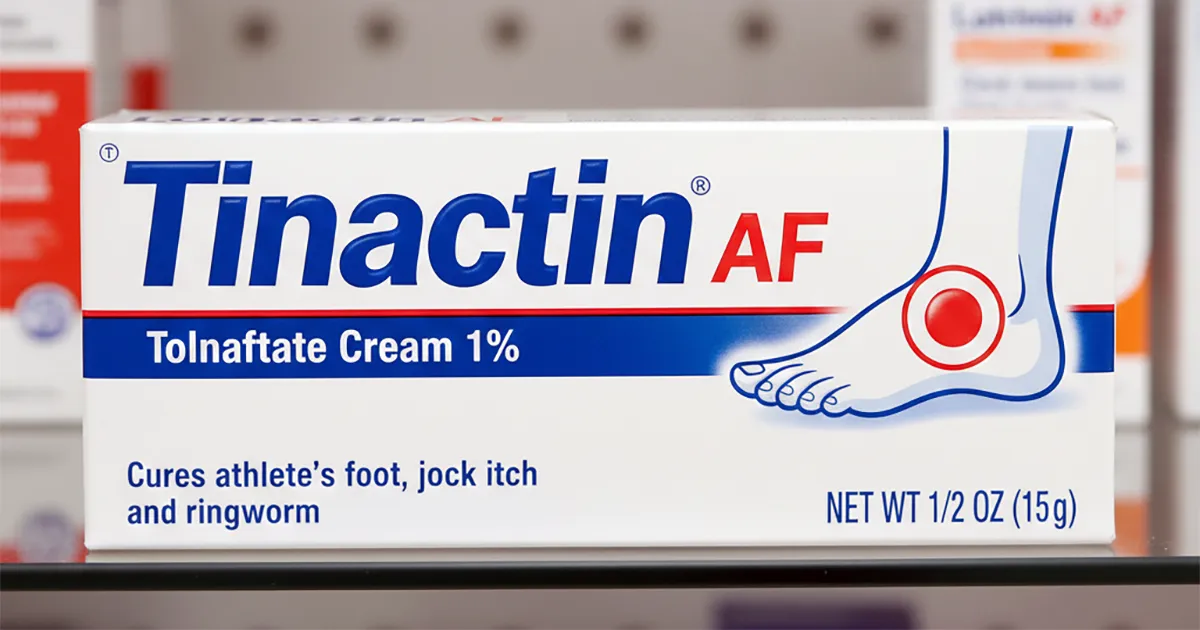
$4.85M Bayer Antifungal Spray Settlement
Deadline: March 11, 2026
Submit Claim
Michael Kors Outlet Class Action Settlement
Deadline: March 6, 2026
Submit Claim
Balance of Nature $9.95M Class Action
Deadline: March 11, 2026
Submit Claim
Belkin Power Bank Settlement
Deadline: March 30, 2026
Submit Claim| Settlement Summary | |
| Status | Settlements Approved, Claims Open |
|---|---|
| Total Approved To Date | $319,250,000 (as of February 2026) |
| Claim Deadline | December 27, 2025 |
| Payout | Varies. Caltech + Johns Hopkins estimated average about $250 if ~50% file |
| Proof Required | Yes |
| Settlement Website | Settlement Site Link |
| Submit Claim | Submit Claim Online |
| Case Title | Henry, et al. v. Brown University |